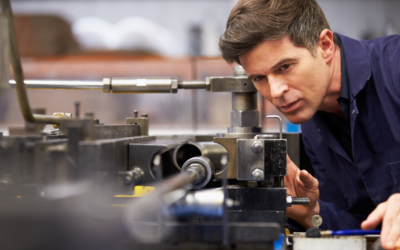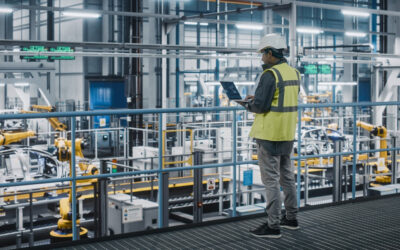Introduction
In the dynamic world of manufacturing, the role of a manufacturing worker is pivotal. This comprehensive guide aims to provide you with a detailed insight into manufacturing worker jobs, covering everything from job responsibilities to skills required. If you are looking to embark on a rewarding career in manufacturing or seeking to optimize your workforce, this guide is your go-to resource.
What is a Manufacturing Worker?
A manufacturing worker is a vital cog in the wheel of any production facility. These skilled professionals are responsible for a wide range of tasks, ensuring that the manufacturing process runs smoothly and efficiently.
Key Responsibilities
Manufacturing workers have a diverse set of responsibilities that contribute to the production process. These include:
- Machine Operation: Operating machinery and equipment to assemble, process, and package products.
- Quality Control: Conducting quality checks to ensure products meet industry standards and specifications.
- Assembly: Assembling components or parts to create finished products.
- Material Handling: Moving materials and products within the manufacturing facility using forklifts, pallet jacks, or other equipment.
- Maintenance: Performing routine maintenance on machinery and equipment to ensure they operate efficiently and safely.
- Safety Compliance: Adhering to safety protocols and guidelines to minimize workplace accidents.
Skills Required
To excel in the role of a manufacturing worker, several key skills are essential:
1. Technical Proficiency
A strong grasp of machinery operation and technical equipment is crucial. Proficiency in using various manufacturing tools and machines ensures efficient production.
2. Attention to Detail
Manufacturing workers must pay meticulous attention to detail to maintain product quality and consistency. Small errors can have significant consequences in the manufacturing process.
3. Physical Stamina
The job often involves standing for extended periods and lifting heavy objects. Physical stamina and endurance are essential to withstand the demands of the role.
4. Problem-Solving Skills
Quick thinking and problem-solving abilities are valuable when unexpected issues arise on the production line.
5. Teamwork
Collaboration with colleagues, supervisors, and other team members is essential for a harmonious and efficient work environment.
Education and Training
While formal education requirements for manufacturing worker positions can vary, most employers prefer candidates with a high school diploma or equivalent. On-the-job training is often provided to familiarize workers with specific processes and equipment.
Career Opportunities
Manufacturing worker jobs provide a strong foundation for career growth within the manufacturing industry. With experience and additional training, individuals can advance to roles such as:
- Machine Operator
- Production Supervisor
- Quality Control Inspector
- Maintenance Technician
In conclusion, a manufacturing worker plays a pivotal role in the production process, ensuring products are made efficiently and to high standards. This comprehensive guide has provided you with an in-depth understanding of the responsibilities, skills, education requirements, and career opportunities in this field. Whether you’re considering a career as a manufacturing worker or seeking to optimize your manufacturing workforce, this guide equips you with the knowledge you need for success. Remember, excellence in manufacturing starts with skilled and dedicated workers like you.









